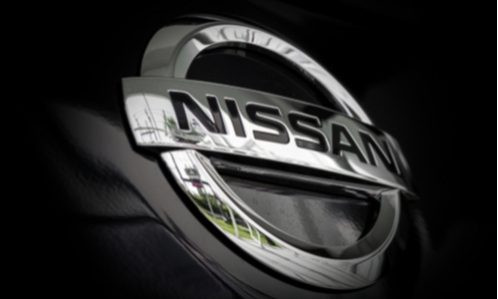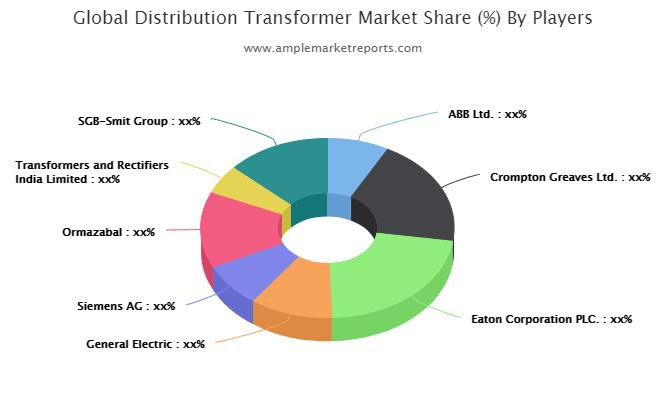Nissan and Honda's Shocking Merger: A New Automotive Giant Emerges
Japanese automakers Nissan and Honda, in a move that sent shockwaves through the global automotive industry, announced a groundbreaking agreement to explore a potential merger. This collaboration, if successful, would create the world's third-largest automaker, reshaping the competitive landscape and prompting speculation about the future of the industry. The deal, estimated to be worth a staggering $79.9 billion, signifies a significant shift towards consolidation in the face of evolving technological advancements and intensifying global competition.
The Merger's Potential Impact on the Global Automotive Landscape
The proposed merger of Nissan and Honda is not simply a business transaction; it's a strategic move that could have profound repercussions for the global automotive market. By combining their strengths, resources, and expertise, the two companies would create an automotive behemoth with the potential to challenge the dominance of industry leaders Toyota and Volkswagen. The combined entity's production capacity is projected to reach approximately 8 million vehicles annually, putting them firmly in the top three globally. This combined force would possess a substantial market share and greater bargaining power, thereby significantly influencing global vehicle pricing and distribution channels. The merger also promises enhanced efficiencies in research and development, leading to more innovative vehicle technologies and faster adaptation to market demands. The anticipated synergies in manufacturing, distribution, and marketing will result in reduced costs, potentially leading to more competitive vehicle pricing for consumers.
A Response to the EV Revolution and Growing Chinese Competition
The automotive industry is experiencing an unprecedented transformation due to the rapid shift towards electric vehicles (EVs) and the emergence of formidable Chinese competitors. Japanese automakers have traditionally been slower to adopt the EV technology compared to their Western and Chinese counterparts. This merger is also a strategy to bolster their capabilities in electric and hybrid vehicles, as well as autonomous driving technology. Nissan's pioneering experience with electric vehicles like the Leaf and Honda's technological advancements in hybrid powertrains would be combined. This collaboration would effectively fast-track the development and production of EVs and hybrids, allowing the merged entity to gain ground on their competitors, particularly in markets where the demand for EVs is soaring.
Addressing the Financial Challenges Facing Nissan
Nissan has recently faced significant financial challenges, including a substantial quarterly loss and workforce reductions. The merger with Honda would serve as a much-needed financial lifeline for Nissan. Access to Honda's robust financial standing will effectively address Nissan's debt burden and enable investments in advanced technologies. This merger offers Nissan a vital pathway to recover its financial health and maintain competitiveness in the long term. The combined entity's larger size and diversified portfolio would also enhance its resilience to economic fluctuations and unforeseen market disruptions.
Navigating the Complexities of a Mega-Merger
Despite the immense potential benefits, the merger also presents substantial challenges. The integration of two distinct corporate cultures, operating systems, and workforces is bound to create friction and requires sensitive management to avoid disruptions and conflicts. Significant restructuring and workforce adjustments are likely, as the companies strive to achieve synergies. The process of coordinating and optimizing the production and distribution networks of both companies will also be complex. The negotiations leading to a formal merger agreement will require meticulous planning to ensure that all legal and regulatory requirements are met. The success of this merger hinges on effective communication, collaboration, and skillful management of the integration process.
The Role of Mitsubishi Motors
Mitsubishi Motors, already an alliance partner of Nissan, also agreed to join the talks, adding another layer of complexity and potential benefits to the integration. Adding Mitsubishi to the merger would create even greater synergies and a broader range of vehicles and technologies. This will provide a consolidated approach to future developments in the automotive industry. The addition of Mitsubishi significantly increases the combined company's size and strengthens its global competitiveness.
The Road Ahead: Challenges and Opportunities
The Honda-Nissan merger is a bold move with potential to reshape the global automotive industry. However, the path to success is fraught with challenges that require careful planning and execution. The integration of two large corporations involves complex legal and financial transactions, requiring the companies to navigate various regulatory hurdles. The merged entity needs to efficiently manage cost-cutting measures, production adjustments, and employee transitions to avoid disruptions. Effective communication and collaboration among executives and employees of both organizations are crucial to ensure a smooth integration. Ultimately, the success of the merger will depend on its ability to create a seamless operational synergy while maintaining the distinct brand identities of both Nissan and Honda.
A New Dawn in the Automotive Industry: The Future is Now
The automotive industry is changing. It's not just a matter of building cars anymore; it's about electric vehicles, autonomous driving, and the ever-present pressure to remain globally competitive. This merger is a gamble, a bold attempt to seize the future by consolidating power and resources. Will it work? Only time will tell, but one thing is clear: the automotive landscape is about to be forever changed by the union of two industry giants. The automotive industry is undergoing a period of significant transformation due to increasing competition and technological advancements. This merger reflects a wider trend of consolidation in the industry. Success will depend on overcoming significant challenges, but the potential rewards for consumers and the companies involved are considerable. The creation of this new automotive behemoth will lead to further developments in automotive technology and consolidation across the industry.

















